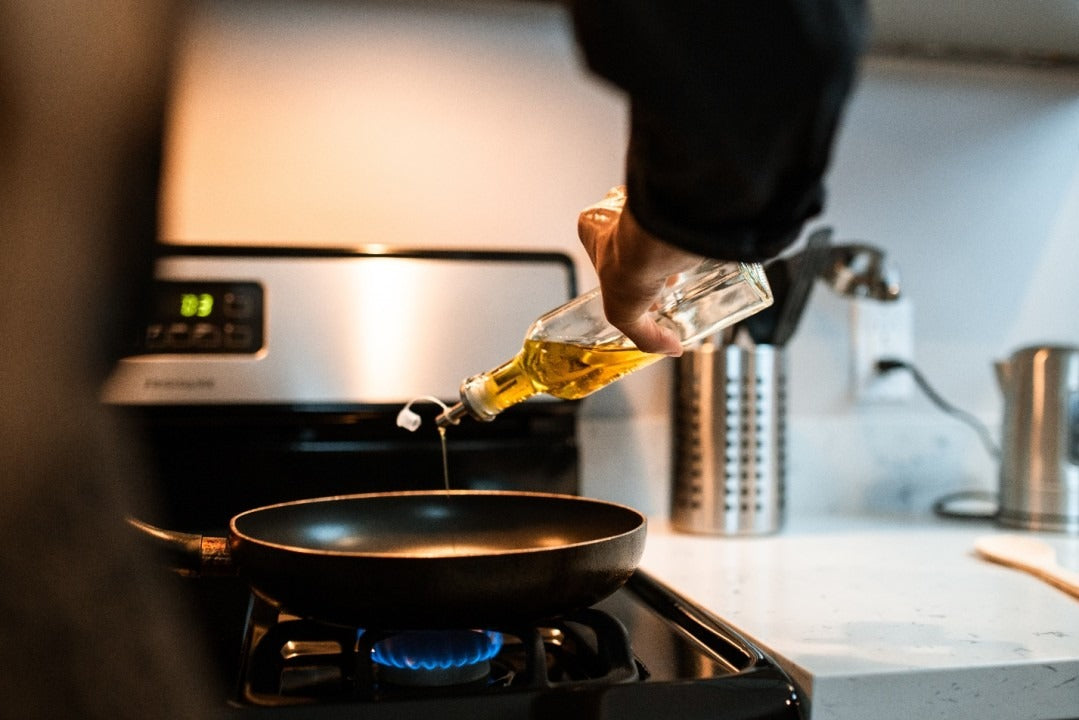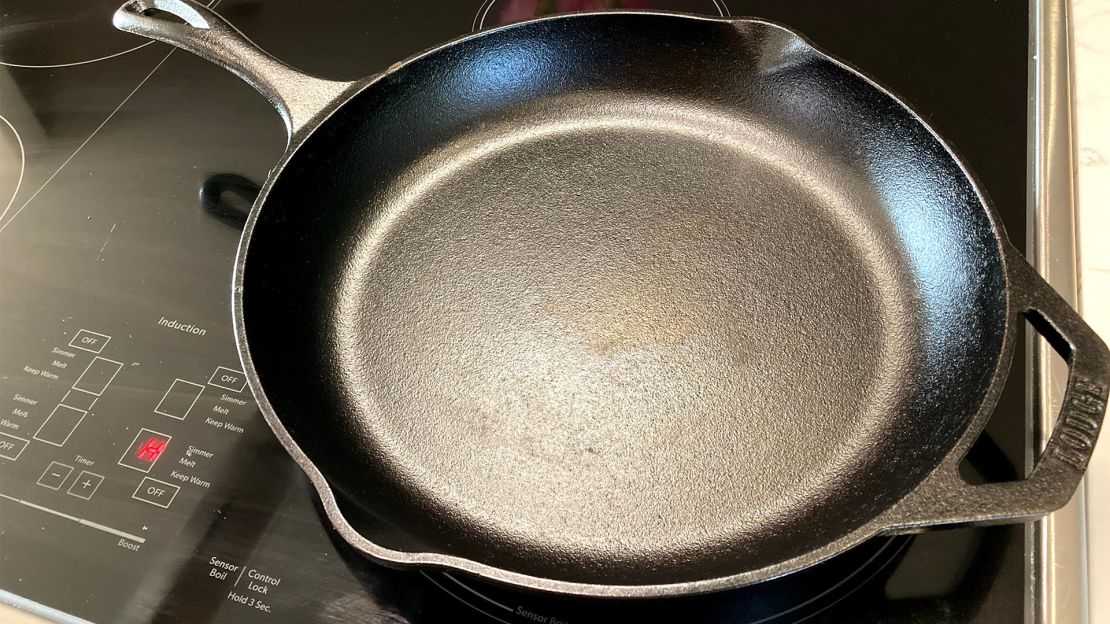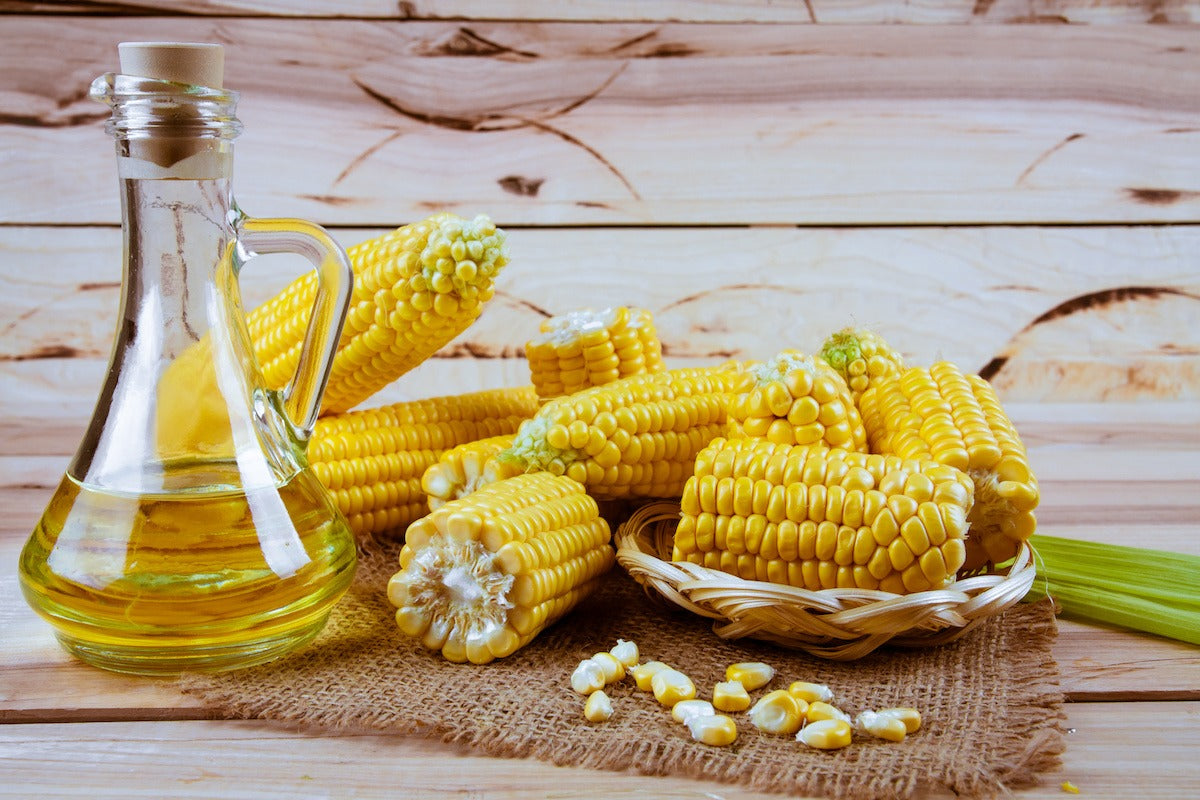Kitchen walls can easily become dirty due to cooking splatters, grease buildup, and general household dust. This comprehensive guide will show you how to clean kitchen walls, maintain their cleanliness, and keep your kitchen looking pristine.

Why Clean Kitchen Walls?
The kitchen is the heart of the home, and it's also one of the most used areas. This high traffic makes it prone to dirt and grime, and your kitchen walls are no exception. Regularly cleaning your kitchen walls can:
- Improve the overall appearance of your home
- Reduce allergens and bacteria
- Prolong the lifespan of your paint or wallpaper

Gather Your Cleaning Supplies
Before you start cleaning, it's essential to gather all the necessary supplies. Here are some items you'll need:
- Mild dish soap
- Warm water
- Microfiber cloths
- Sponge
- Baking soda
- White vinegar
- A bucket
Preparing Your Cleaning Solution
One effective solution for cleaning kitchen walls is a mixture of mild dish soap and warm water. Fill a bucket with warm water and add a few drops of dish soap. Stir the solution until it becomes sudsy.
Tackling Grease and Grime
Grease and grime are common culprits when it comes to dirty kitchen walls. To tackle these stubborn stains, follow these steps:
- Dip a sponge into the soapy water and wring out the excess.
- Gently scrub the greasy areas in a circular motion.
- For tougher stains, sprinkle baking soda on the sponge before scrubbing.
- Rinse the area with a clean, damp cloth to remove any soap residue.
- Dry the wall with a microfiber cloth.

Dealing with Stubborn Stains
Sometimes, you may encounter stains that are difficult to remove with just soap and water. In such cases, try using white vinegar:
- Mix equal parts of white vinegar and warm water in a spray bottle.
- Spray the solution onto the stained area.
- Let it sit for a few minutes to break down the stain.
- Wipe the area with a clean, damp cloth.
- Repeat the process if necessary.

Preventing Future Buildup
To keep your kitchen walls clean and reduce the frequency of deep cleaning, follow these tips:
- Wipe down walls regularly with a damp cloth to remove dust and minor splatters.
- Use a kitchen backsplash to protect walls behind stoves and sinks.
- Keep a lid on pots and pans while cooking to minimize splatters.
Additional Tips and Tricks
Here are some extra tips to help you maintain spotless kitchen walls:
- Avoid using abrasive scrubbers that can damage paint or wallpaper.
- Test cleaning solutions on a small, inconspicuous area before applying them to the entire wall.
- Consider repainting your kitchen walls with washable paint for easier maintenance.
When to Seek Professional Help
If your kitchen walls have severe stains or damage that you can't tackle on your own, it might be time to seek professional help. Professional cleaning services can provide specialized treatments to restore your walls to their original condition.
FAQ
Here are some frequently asked questions about how to clean kitchen walls:
Can I use bleach to clean kitchen walls?
While bleach can be effective for disinfecting, it's not recommended for regular cleaning of painted or wallpapered walls as it can cause discoloration or damage.
How often should I clean my kitchen walls?
It's a good idea to wipe down your kitchen walls monthly to prevent buildup and perform a deep clean every six months.
What should I do if my walls have mold?
If you notice mold on your kitchen walls, it's crucial to address it immediately. Use a solution of one part bleach to three parts water to clean the mold, and ensure proper ventilation to prevent future growth.
How to clean kitchen walls doesn't have to be a daunting task. With the right supplies and techniques, you can keep your kitchen walls looking fresh and clean. For more detailed cleaning tips, visit this external resource.
For a complete guide to deep cleaning your kitchen, check this Martha Stewart Guide.
As an Amazon Associate, I earn from qualifying purchases.






Leave a comment
This site is protected by hCaptcha and the hCaptcha Privacy Policy and Terms of Service apply.